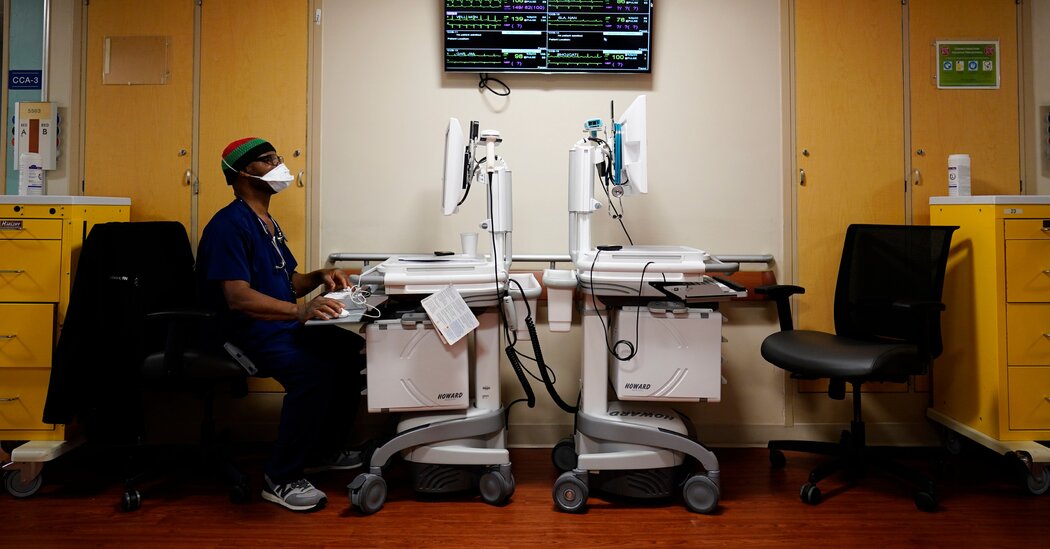
“We should be reading about how the federal government is using its resources to go nursing home to nursing home, and church to church, to get booster numbers up,” said Sam Scarpino, the managing director of pathogen surveillance at the Rockefeller Foundation.
But the federal government is warning that pandemic funds are drying up. Senate Republicans have said that they will not approve $15 billion in new coronavirus aid without offsetting it by cutting spending elsewhere. House Democrats have balked at a proposal to repurpose money intended for state governments to spend on their pandemic responses.
With the aid package stymied for now, federal officials said that they would need to start cutting shipments of monoclonal antibody treatments to states next week by more than 30 percent. The government has secured 20 million antiviral pills, but orders for more are on hold. And by June, officials said, the federal government’s efforts to ensure that companies keep producing enough tests will run out of money, imperiling capacity for later this year.
There is not enough money to guarantee sufficient purchases of variant-specific booster shots if they are needed, federal officials said. And while those shortages would affect all Americans, uninsured people would face particular risks because a federal program to reimburse providers for testing, treating and vaccinating those without insurance could end in early April.
“There are so many things we could be doing, yet the United States has time and time again chosen to be reactive, rather than proactive, and that has cost us dearly,” said Anne Rimoin, an epidemiologist at U.C.L.A. “We’ve been wearing rose-colored glasses instead of correcting our vision.”
A key question remains how much protection people who got sick with the previous version of Omicron can count on — and for how long. A lab study published this week found that vaccinated people who were infected with Omicron had high levels of antibodies that would probably protect against BA.2. If that protection lasts, it could reduce the impact of any wave, given the country’s high levels of infection this winter.
“I think it’s reassuring,” said Dr. Dan Barouch, a virologist at Beth Israel Deaconess Medical Center in Boston and a co-author of the study.




